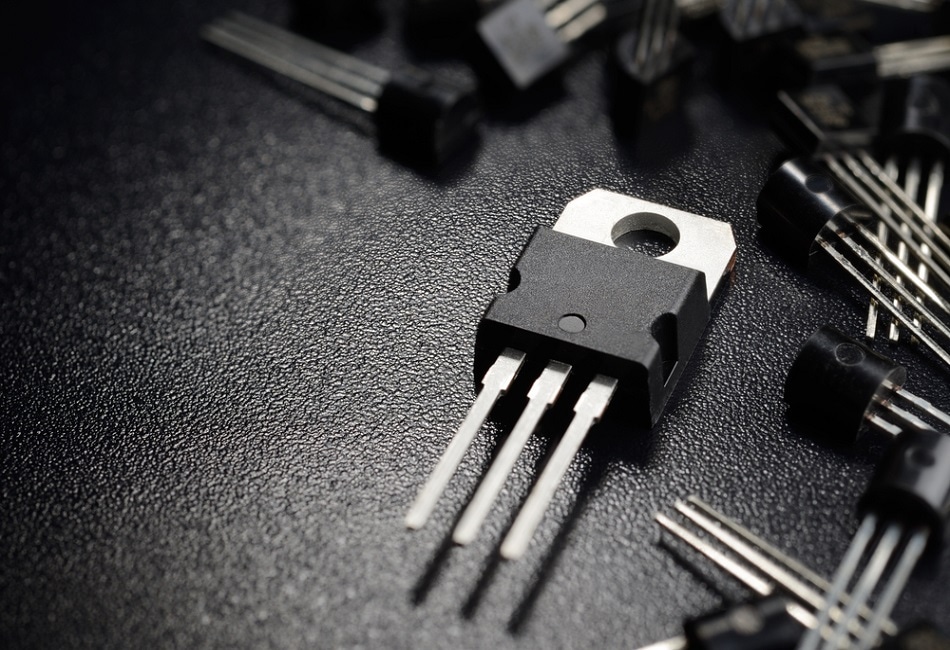Jul 18 2017
Transistors, as used in billions on every single computer chip and are presently based on semiconductor-type materials, generally silicon. The continuously growing demand for computer chips in smartphones, tablets and laptops has led to the search for new possibilities in order to fabricate them in a flexible, energy-saving and cost-effective manner.
 AndreiKuzmik/ Shutterstock.com
AndreiKuzmik/ Shutterstock.com
The group headed by Dr. Christian Klinke has currently succeeded in developing transistors based on a totally different principle. They make use of metal nanoparticles, which are so tiny such that they no longer display their metallic character under current flow but instead show an energy gap produced by Coulomb repulsion of the electrons among one another. It is possible to energetically shift this gap via a controlling voltage and the current can then be switched on and off as needed.
When compared to earlier similar approaches, the nanoparticles are not deposited as separate structures, rendering the production extremely difficult and the properties of the corresponding components undependable, but, instead, the nanoparticles are deposited as thin films with a height of just one layer of nanoparticles. This method allows the electrical characteristics of the devices to become almost identical and also adjustable.
These Coulomb transistors have three key advantages that enable them to be ideal for commercial applications. The synthesis of metal nanoparticles by colloidal chemistry is extremely well controllable and scalable. It provides very tiny nanocrystals capable of being easy to process and stored in solvents. High-quality monolayered films are provided by the Langmuir-Blodgett deposition method, which can also be used on an industrial scale. Thus, this approach allows the use of standard lithography methods for designing the components and the incorporation into electrical circuits, which cause the device to be cost-effective, industry-compatible and flexible.
The resulting transistors function up to room temperature and reveal a switching behavior of more than 90%. This indeed proves the possibility of developing inexpensive computer chips and transistors with lower power consumption in the future. The research outcomes have been published in the recent edition of "Science Advances", a scientific journal.
Scientifically interesting is that the metal particles inherit semiconductor-like properties due to their small size. Of course, there is still a lot of research to be done, but our work shows that there are alternatives to traditional transistor concepts that can be used in the future in various fields of application. The devices developed in our group can not only be used as transistors, but they are also very interesting as chemical sensors because the interstices between the nanoparticles, which act as so-called tunnel barriers, react highly sensitive to chemical deposits.
Dr. Christian Klinke
Source: http://www.uni-hamburg.de/index_e.html